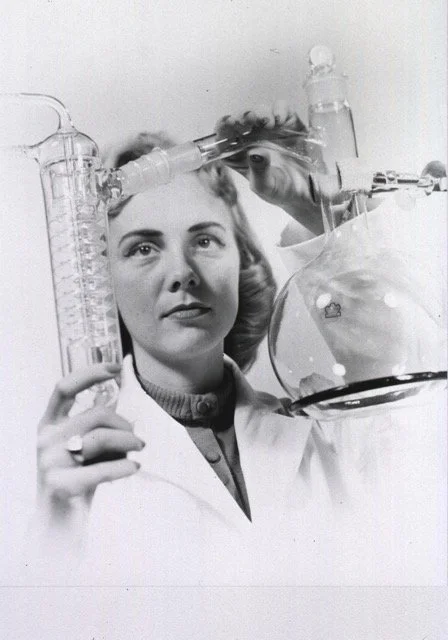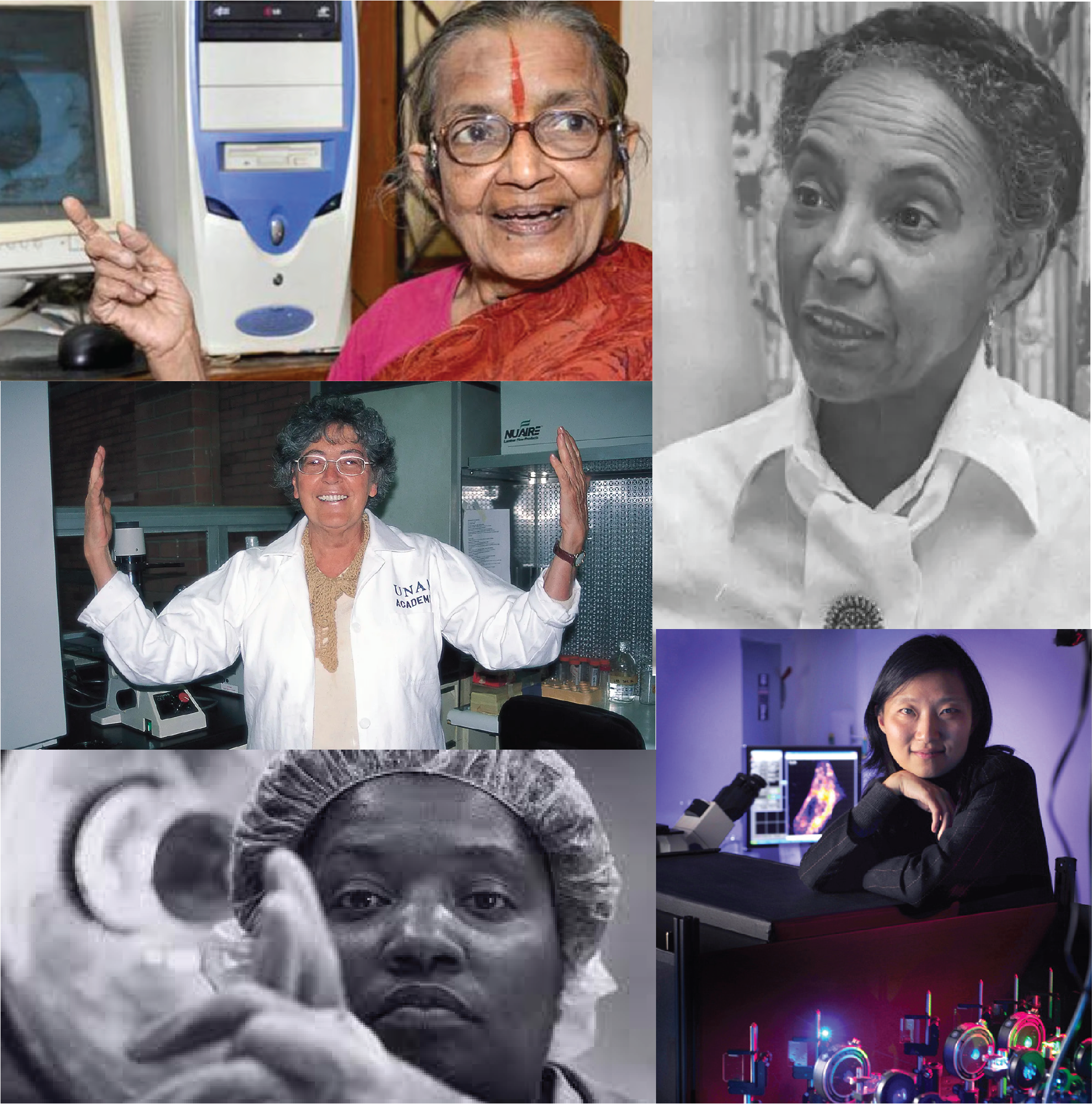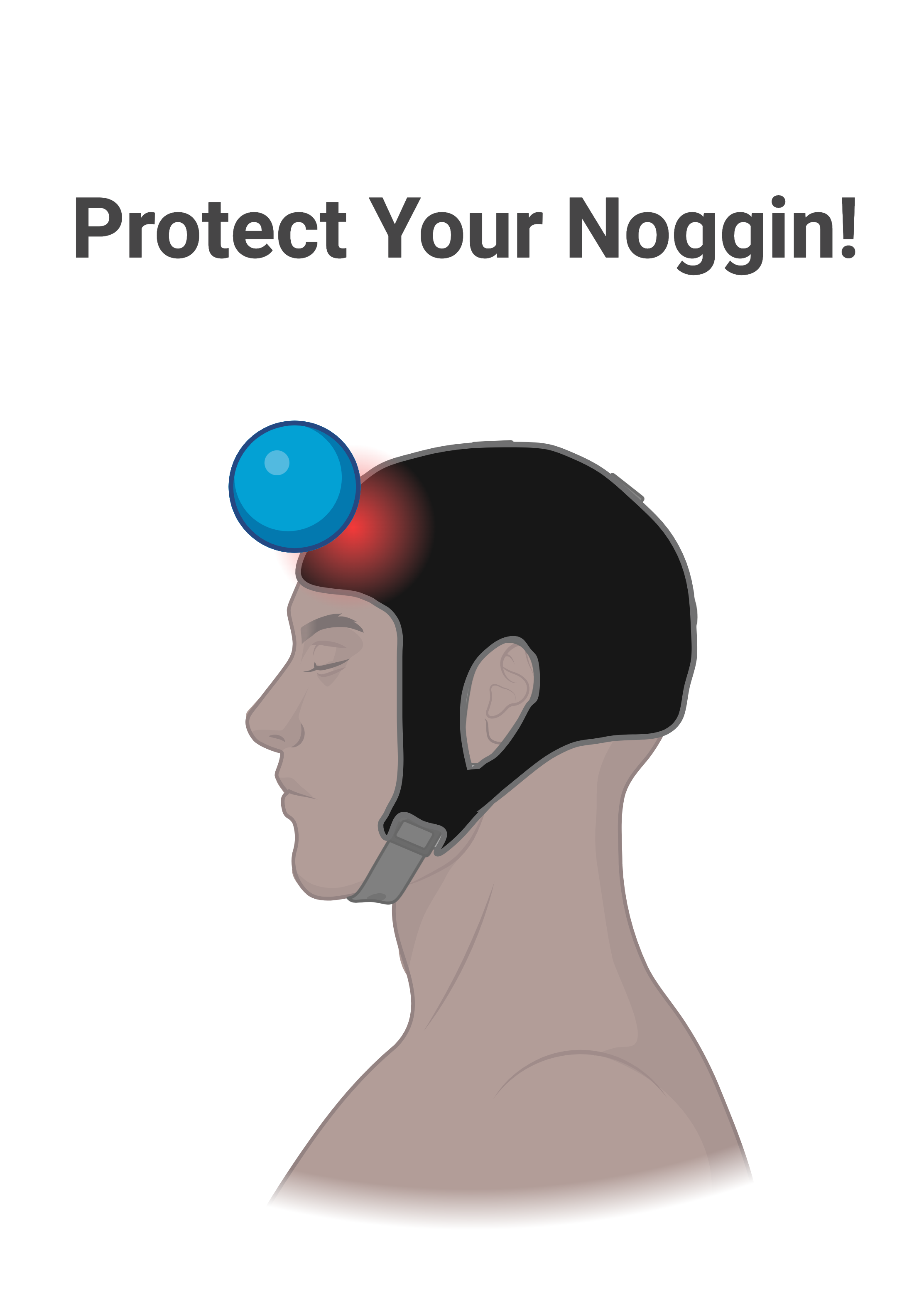Oxygen: We Need It, But Cancer Doesn’t!?
Most of our cells require oxygen to function. Cancer cells have found a way around this. How do they do it, and could we weaponize oxygen against them?
Unlocking the Mysteries of the Brain through Intracranial Recordings
A glimpse into intracranial neuroscience with Deep Brain Stimulation and Stereoencephalography surgeries, both advancing research in cognition and offering hope for patients and researchers.
Sleepy Days & Sleepless Nights
In the book ‘The Mysterious Benedict Society’ by Trenton L. Stewart, the very mysterious Mr. Benedict suffers from a condition called narcolepsy. He can fall asleep at any time – while walking down stairs, making an omelet, and even while shaving – and he cannot control when he falls asleep! In the book, Mr. Benedict tells us that these sleep attacks are sometimes caused by strong emotions – either good or bad. What do neuroscientists know about narcolepsy?
Buying Us Time: The Search for Neuro Biomarkers
If we do unfortunately happen to fall sick, doctors need to be able to determine how serious our illness is. Biomarkers do this by serving as a window into our bodies. For a complex organ like our brain, searching for biomarkers can improve the treatment potential and diagnosis of neurological diseases.
Symphony No. 5 in C Minor, ‘Mind Matters’
We all know what an orchestra looks like. There is a conductor who coordinates instruments from different families to produce a symphony. If our brain is like an orchestra, each cell is a different instrument, and the music is a thought or emotion. So who conducts the brain’s orchestra?
5 Women of Color Who Changed How We Think About the Brain
Close your eyes and picture a scientist. Are you imagining an older white man with crazy hair in a lab coat, something like Albert Einstein? Well, there certainly have been scientists that look like him, but there have also been many brilliant female scientists and medical professionals of color whose discoveries and work are just as important.
Protect your Noggin!
Helmets serve as crucial safeguards for our brains, shielding them from concussions and traumatic brain injuries (TBI). While the idea of not wearing a helmet might seem tempting at times, especially when you're in a rush or want to feel the wind in your hair, the risks far outweigh any momentary convenience or thrill. Without a helmet, you're exposing yourself to significant danger. A single fall or collision could result in a traumatic brain injury or even death. The consequences of such an injury can be life-altering, affecting not only your physical health but also your cognitive abilities, emotions, and quality of life.
The Immune System Protects the Brain by Staying Away
The human immune system has many different cell types that patrol our bodies constantly and keep us healthy. The brain is a particularly important organ for human functioning - does this mean there are thousands of immune cells monitoring every nook and cranny of our wrinkly brains? Not exactly.
Catch Us If You Can: Why Girls are Underdiagnosed with Autism
Boys with autism outnumber girls nearly four to one. Both biological factors and diagnostic barriers may contribute to this ratio.
Should you get genetic testing for your APOE isoform?
Genetic testing is becoming more widely available, and certain commercially available at-home kits offer to test for the APOE gene, which influences your risk of Alzheimer’s disease. Here we discuss what is APOE, its role in AD and whether you should also consider getting tested to know your APOE isoform.




















